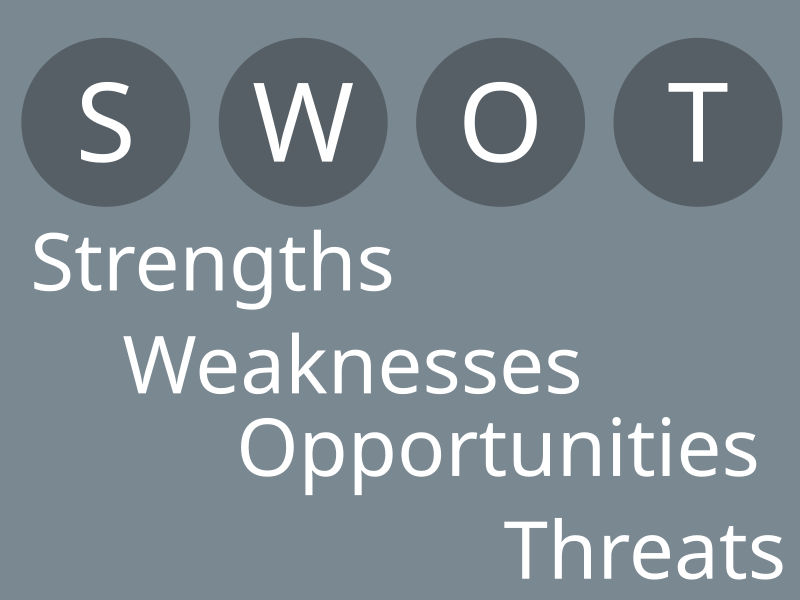After several decades of public service you become aware of pitfalls which can negatively impact the service of elected officials. My leadership experience has been in Council – Manager Forms of government. Having served in numerous cities with this form of government, I have had ample opportunity to study the journeys of newly elected mayors as they struggle to find their way and define their roles.
Mayors in many Council – Manager Forms of government have limited direct power. Mayors preside over the meetings, serve as the spokesperson for the council, may add items to the agenda, and have certain powers in cases of emergencies; their powers are, however, limited in that they can only vote in the case of a tie and typically do not count in the establishment of a quorum.
The power to make decisions, to enact ordinances, and make policies lies with Councils in this form of government. City managers are charged with the operationalization of these decisions, ordinances and policies. The limitations on mayoral power can be frustrating, leaving mayors who chose to run on a platform of change finding they have limited ability to effect the promised change. This is particularly true if they are unfamiliar with local government, or failed to research the roles of elected officials prior to running for or taking office. This seems to be most evident in smaller cities which are evolving from less to more professional governance methods.
Challenges
Newly elected mayors are challenged by constituents’ expectations. Mayors running on a platform of change feel an obligation to the voters who placed them into office. This can even be the case when they run for an office unopposed. Often the expectations of constituents are focused on issues which are current and relate to personal needs and wants, which may run contrary to the long-term best interests of the community as a whole. If this occurs, mayors can be faced with a moral dilemma. They must choose between these options – “do I serve the constituents who voted for me or do I serve the community as a whole.” This is a test of leadership versus politics and, depending on the personal moral compass of the mayor, the choice can be easy or difficult.
Newly elected mayors may also be challenged in learning to navigate through the legislative process with their councils. Charged with a perceived mandate from voters, but faced with the reality that they have limited power, they must learn to build consensus with council members. All relationships are built and maintained by trust. Mayors’ ability to build trust with the council members individually and corporately is paramount to their leadership effectiveness. Mayors’ who assume the office and use the office simply as a “bully pulpit” for their agenda will prove themselves as poor leaders and may experience limited success. Mayors’ who assume the office and recognize the office as an opportunity for servant leadership, will build trust and confidence and not only have a better opportunity to accomplish their agenda, but better serve the long-term interests of the community as a whole.
Mayors, perhaps more than council members, are also challenged by citizen criticism. No one in leadership positions wish to be criticized, but it will, and must, occur. Winston Churchill spoke truth when he stated “Criticism may not be agreeable, but it is necessary. It fulfills the same function as pain in the human body. It calls attention to an unhealthy state of things.” Mayors, and other leaders, must expect to be criticized and to reflect on the criticism before reacting or responding. Not all criticism is valid, but all is worthy of reflection. Reaction to criticism without reflection in a negative manner or in a manner simply to appease critics demonstrates a lack of leadership and a commitment to politics rather than values. Personal reflection on criticism can spawn great personal growth, heighten trust and communication with others, and consensus building for the betterment of the community.
Another challenge for mayors is politics. Many cities hold non-partisan elections, but this doesn’t mean that they are non-political. Politics and leadership are not mutually exclusive, but can be antithetical. I suggest this because often political agendas or political ambitions seem to be the primary motivation of those seeking elected office. When this occurs the concept or foundation of public service becomes minced in how the elected official defines “public.” Those who enter public service with the commitment to the tenants of servant leadership may not rise to the top of the political food chain or press forth with the agenda of the “chosen” group of supporters, but they serve the community and serve the community equitably and fairly. No one can escape politics, but everyone can choose to allow it to be the motivating factor or a tool to accomplish great things for future generations.
Conclusion
van Dierendonck (2011) cites Robert Greenleaf (1977) in the following definition of servant leadership: “The Servant-Leader is servant first…It begins with the natural feeling that one wants to serve, to serve first. Then conscious choice brings one to aspire to lead…The best test, and difficult to administer is this: Do those served grow as persons? Do they, while being served, become healthier, wiser, freer, more autonomous, and more likely themselves to become servants? And what is the effect on the least privileged in society? Will they benefit, or at least not further be harmed?”
Mayoral leadership, as any leadership, is about choices, and choices are based on personal values. Mayors with values based on principles of servant leadership will approach the challenges they face much differently than those whose values, and therefore decisions, are linked to changing expectations, reactions to criticism, or political ambition. The role of the public servant is service. Those seeking a leadership role in appointed or elected office will be well served by studying the principles of servant leadership and on-going self-evaluation of why, and who they choose to serve.





